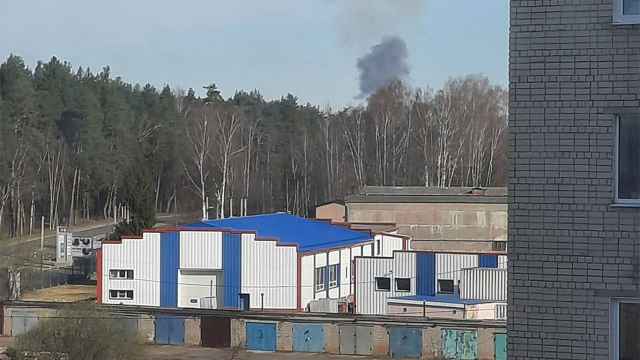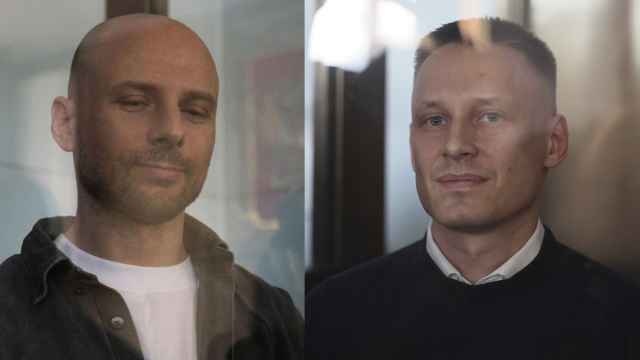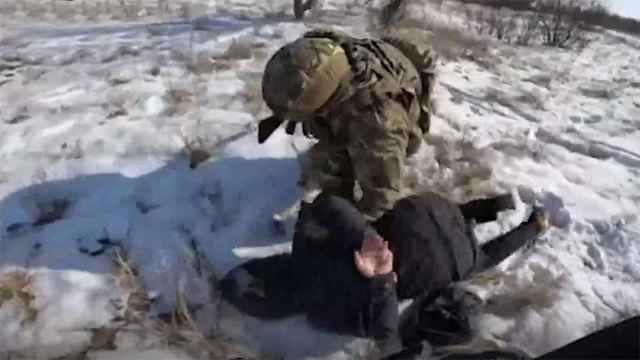Russian President Vladimir Putin said after talks with German Chancellor Angela Merkel on Sunday that the peace process in eastern Ukraine was progressing despite difficulties.
Merkel reaffirmed her support for the peace efforts and repeated her calls to Putin to use his influence with pro-Russian separatists battling Kiev government forces to end a conflict in which more than 6,000 people have been killed since April 2014.
"There is every reason to believe the Minsk process is moving forward, though with problems," Putin told a joint news conference with Merkel, referring to the peace deal signed in February in the Belarusian capital.
"With all the problems in east Ukraine, it has nevertheless become quieter," he said, adding that direct dialogue between the Kiev government and the separatists was crucial for peace.
Relations between Russia and Germany, which have multi-billion-dollar trade and energy links, have soured sharply over Moscow's annexation of Ukraine's Crimean region and its support for the separatists. Berlin has strongly backed the Western economic sanctions subsequently slapped on Russia.
"But still, the lesson of history is that we have to try everything to solve conflicts — as difficult as they might seem — peacefully and in dialogue and that means diplomatically," Merkel said.
The German chancellor was visiting Russia for events to mark the 70th anniversary of the end of World War II in Europe, although she stayed away from a military parade on Red Square on Saturday.
Merkel and French President Francois Hollande helped broker the Minsk ceasefire deal on Feb. 12 but it has been violated many times. Both sides report small numbers of casualties on an almost daily basis.
Before their talks on Sunday, Putin and Merkel took part in a wreath-laying ceremony at the Tomb of the Unknown Soldier by the walls of the Kremlin.
A Message from The Moscow Times:
Dear readers,
We are facing unprecedented challenges. Russia's Prosecutor General's Office has designated The Moscow Times as an "undesirable" organization, criminalizing our work and putting our staff at risk of prosecution. This follows our earlier unjust labeling as a "foreign agent."
These actions are direct attempts to silence independent journalism in Russia. The authorities claim our work "discredits the decisions of the Russian leadership." We see things differently: we strive to provide accurate, unbiased reporting on Russia.
We, the journalists of The Moscow Times, refuse to be silenced. But to continue our work, we need your help.
Your support, no matter how small, makes a world of difference. If you can, please support us monthly starting from just $2. It's quick to set up, and every contribution makes a significant impact.
By supporting The Moscow Times, you're defending open, independent journalism in the face of repression. Thank you for standing with us.
Remind me later.





